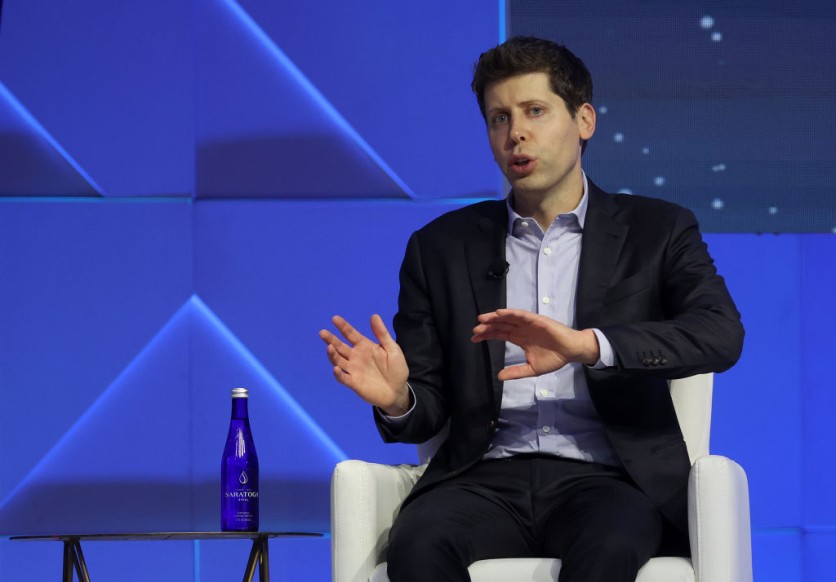OpenAI CEO Sam Altman recently acknowledged a prevailing concern about the impact of artificial intelligence (AI) on the workforce: it will likely replace a significant number of existing jobs, as reported by MIT News.

Sam Altman: 'AI is Going to Eliminate a Lot of Current Jobs'
Altman emphasized that AI development will not simply augment job roles; instead, it will lead to substantial job eliminations, alterations in job functions, and the emergence of entirely new occupations.
"One of the things that annoys me most about people who work on AI is when they stand up with a straight face and say, 'This will never cause any job elimination.
This is just an additive thing. This is just all going to be great,'" Altman said during a discussion with MIT President Sally Kornbluth.
"This is going to eliminate a lot of current jobs, and this is going to change the way that a lot of current jobs function, and this is going to create entirely new jobs. That always happens with technology."
Kornbluth and Sam Altman's discussion at MIT's campus delved into various aspects of AI's evolution and its implications for society, education, and the labor market.
OpenAI gained significant traction with its ChatGPT large language models, swiftly becoming a widely used consumer application post-release in late 2022.
This success catalyzed substantial investments and innovation in the AI sector, ultimately triggering an AI race between tech giants.
Altman acknowledged the elevated expectations surrounding AI advancements, emphasizing the rapid pace of technological progress and human ambition to continually improve existing capabilities.
Addressing ethical considerations, Altman highlighted the progress in aligning AI systems with predefined values. Despite challenges, he noted that AI models like GPT-4 demonstrated a degree of behavioral alignment with desired ethical principles.
However, Altman acknowledged the divergence of opinions on defining the appropriate behavioral standards for AI systems, underscoring the complexity of creating a universal code of conduct for AI.
Bias Mitigation in AI
The discussion also addressed challenges related to bias mitigation in AI systems and the broader societal implications of AI's unprecedented data requirements for training large language models.
Privacy concerns in the AI landscape emerged as a significant point of discussion, with Altman emphasizing the evolving tradeoffs between privacy, utility, and safety in AI systems. He acknowledged that society is navigating uncharted territory in determining these tradeoffs.
However, Altman expressed optimism about future AI models, envisioning improvements that could reduce data dependency and energy consumption, ultimately enhancing reasoning capabilities.
Despite the potential disruptions, Altman believes that AI's transformative potential extends beyond economic concerns. He highlighted AI's potential in scientific discovery, positioning it as a pivotal driver of sustainable economic growth and progress.
Related Article : Sam Altman No Longer Owns OpenAI's Startup Fund

ⓒ 2025 TECHTIMES.com All rights reserved. Do not reproduce without permission.




